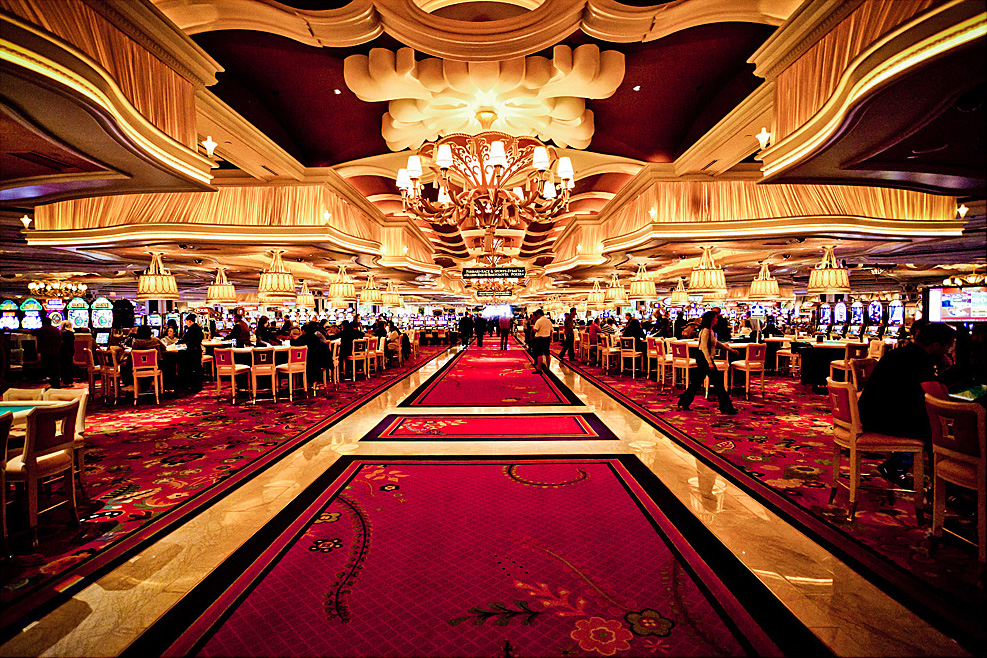
Casino games have fascinated players over the ages, progressing from basic recreational activities to complex experiences that blend fortune, strategy, and entertainment. From the historical origins of gambling in civilizations such as ancient Mesopotamia and Rome to the dazzling corridors of current casinos, the history of these games shows much about our nature and our interaction with chance. As cultures have merged and technological advancements have occurred, casino games have changed, illustrating societal changes and innovations in gameplay.
The primitive versions of gambling likely included simple dice-based games and betting on the outcomes of sports competitions. As time passed, these primitive activities grew into more complex games like card games, the game of roulette, and the myriad slot games that populate the floors of casinos today. Every generation brought its own set of rules, design elements, and social relevance. At present, casino games continue to evolve with the rise of digital gaming platforms, enabling players from various parts of the world to join in a common experience, further merging the traditional with the digital age.
Initial Beginnings of Gambling Activities
Casino activities have roots that reach back to old civilizations, where betting was deeply entrenched in cultural traditions and social customs. The first known instances of betting appeared in ancient Mesopotamia around three thousand BC, including simple dice activities made from knuckle bones. 789f These initial activities laid the groundwork for more complex gambling activities, demonstrating humans’ innate urge to pursue wealth and entertainment through chance.
As civilizations progressed, so did their gambling pursuits. In ancient China, around 2300 BC, tiles were discovered that were similar to early basic forms of a lottery game game. More structured forms of gambling emerged in the Roman Empire, where activities of luck were a popular pastime, often taking place in social events. The ancient Romans developed multiple betting activities, which composed die and board games, illustrating the pervasive nature of gambling across various economic strata.
With the passage of time, these primitive games influenced the development of contemporary casino activities. In the Middle Ages, card activities became prevalent in European culture, paving the way for the organized gambling establishments we know today. The change from casual betting to organized gaming in taverns and personal houses marked a significant shift in how people interacted with games of chance, leading to the eventual establishment of casinos as dedicated venues for betting.
The Rise of Current Gambling Industry
The late 1960s and 1970s marked a significant shift in the world of casino games, fueled by technological progress and changes in societal views towards wagering. The introduction of computers and the internet altered the way players engaged with their beloved gaming experiences. Virtual casinos emerged, allowing enthusiasts to enjoy timeless casino classics like poker and blackjack from the comfort of their homes. This new digital landscape not only expanded access to gambling options but also drew in a fresh demographic who found the ease and diversity appealing.
As online gambling gained momentum, so did innovations in gaming technology. The creation of sophisticated software and graphics converted classic gambling games into captivating experiences. Gamblers could now connect with authentic dealers through live streaming, bringing the feel of brick-and-mortar casinos directly into their homes. This blending of in-person play with digital interfaces created a new hybrid model that elevated the social aspect of gambling, making it possible for individuals to engage and compete with others around the world.
Additionally, the growth of mobile gaming dramatically changed the gambling environment. With the widespread use of mobile phones and tablets, gamblers can play their favorite gaming options everywhere, whenever. Mobile applications offer a extensive range of games optimized for touchscreens, serving the dynamic daily life of contemporary gamers. This easy access has resulted in increased participation in casino games, fostering the surge of the gaming industry. As a result, the prospects of casino gaming continues to evolve, adjusting to technological advancements and changing player expectations.
How Technology Influences Casino Games
The evolution of technology has significantly transformed casino games, improving the overall experience for players for gamblers globally. With the introduction of the internet, online casinos were created, allowing players to enjoy their favorite games from the comfort of their homes. This change not only made casino games more available but also expanded the variety of games offered, as online platforms could offer many different versions of traditional games without the physical constraints of physical casinos.
The rise of mobile technology further transformed the casino gaming landscape. With the proliferation, players now have the ability to play casino games whenever and wherever they want. This mobility has resulted in the creation of dedicated mobile applications and optimized websites that provide seamless gaming experiences. Additionally, innovations such as live dealer games have delivered the authentic atmosphere of a casino into players’ living rooms, connecting between physical and online gaming.
Moreover, advancements in AI and virtual reality are paving the way for the next generation of casino games. AI improves game design and player interaction, creating tailored experiences based on user behavior and preferences. Meanwhile, virtual reality offers immersive environments where players can interact in a virtual casino environment, making the gaming experience more exciting and realistic. As technology continues to evolve, the future of casino games looks promising, filled with endless possibilities for innovation and entertainment.